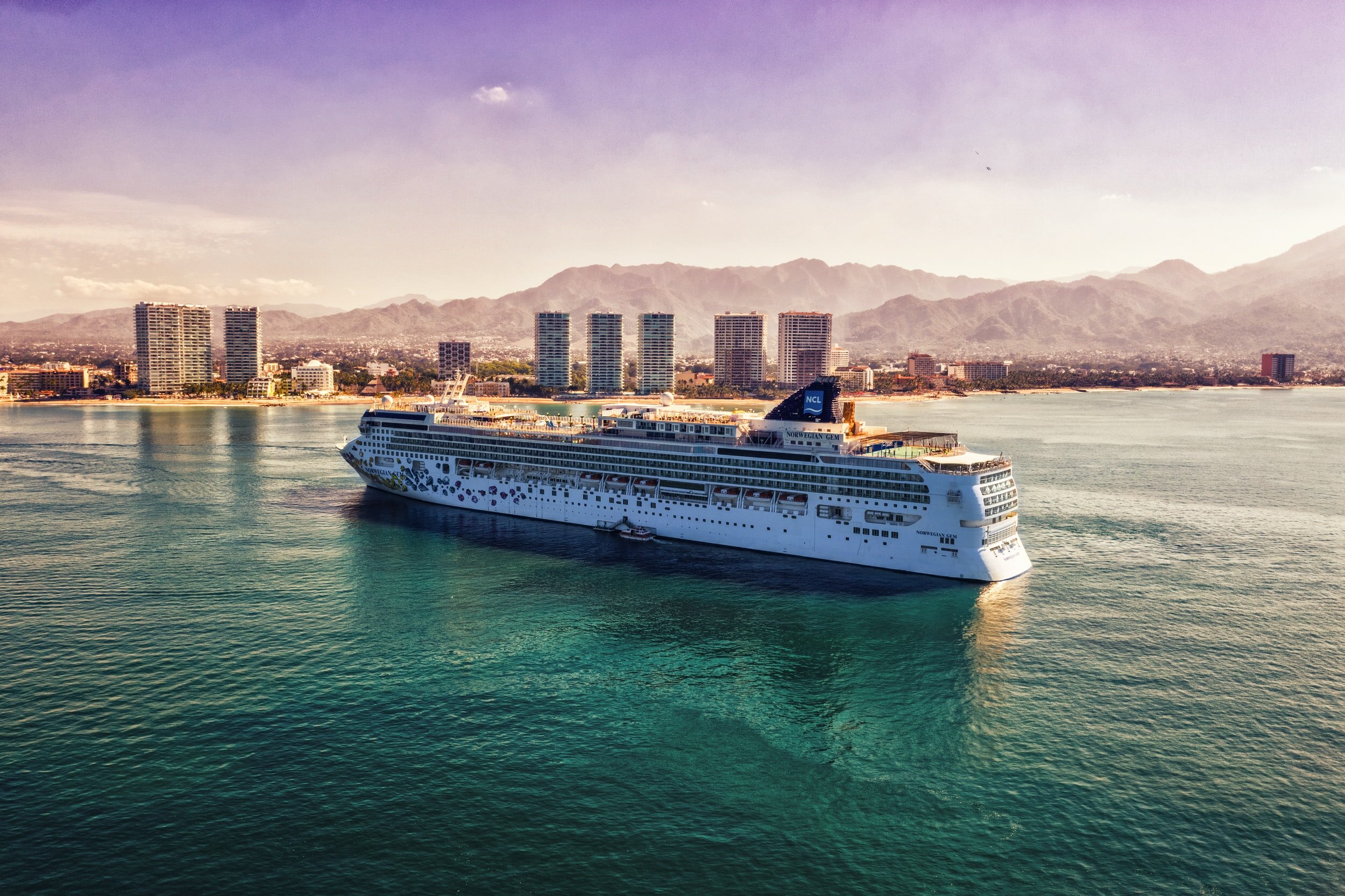
Case Summaries
London Arbitration 6/23
After a voyage-chartered Vessel suffered a breakdown, repairs extended the transit by some 5 months during which size restrictions at the discharge port changed, causing a change of destination and delays in receivers making arrangements. Allowing Owners’ resulting demurrage claim, the Tribunal found no grounds for unseaworthiness at the beginning of the voyage, nor were the repairs unduly delayed (given the pandemic). The NOR was valid, laytime expired and the demurrage claim was payable. Consequential loss of time was not recoverable under the Owners’ fault basis.
London Arbitration 5/23
A single message from Time Charterers (who were allegedly unpaid by sub-charterers) to Owners "Owners... decision not to discharge... to protect owners and charterers interests may be... prudent" was held not to amount to an instruction to Owners not to discharge the cargo. Nor did the B/L (under which Owners undertook to deliver the cargo) contain any lien entitling Time Charterers to give any such instruction. Time Charterers' damages claim failed.
London Arbitration 33/22
Owners succeeded in avoiding an agreement settling a repair Yard’s invoice (albeit in ‘full and final’ terms, acknowledging satisfaction with work and that no claims could ensue) on the grounds of economic duress. The Tribunal found both the Yard’s insistence on a non-contractual waiver and the threat of exercising a non-contractual lien (thereby preventing the ship’s sailing), to be unlawful and amounting to illegitimate pressure. It was open to Owners to pursue their claims for delayed completion and disputed amounts (which largely succeeded) and loss of profit (which failed, the daily delay penalty sufficing).
London Arbitration 32/22
Time Charterers under an amended NYPE deducted for underperformance, relying on their weather routing company’s (WRC) report. One C/P clause contained performance criteria and good weather benchmarks, another the sources of weather data, namely Vessel log and WRC. The Tribunal found the WRC had not adhered to the benchmarks when assessing a period of some 48 hours as good weather because (i) the WRC’s ‘current factor’ netted adverse and favourable currents – and the latter should not be taken into account; and (ii) the WRC’s combined significant wave height data made it impossible to assess swell direction. Even though the Tribunal found that the log exaggerated sea and swell, and the WRC report was reliably sourced, the latter was not in compliance with the C/P and was therefore not valid as a resolution of the underperformance claim, causing Charterers’ claim to fail.
London Arbitration 27/22
When the vessel, chartered on a NYPE form cp, arrived at loadport, her whole crew were tested because the third engineer had presented covid symptoms. In the end only the bosun tested positive so the port authorities ordered a 14-day quarantine. Owners claimed some US$ 275k balance of hire but charterers held the vessel off-hire from arrival at loadport to the end of quarantine. Owners relied on Clause 114 pursuant to which in the specific case of loss of time due to quarantine procedures to combat avian influenza, the vessel would not be off-hire. Charterers relied on the exclusion in the same clause, for which Owners would bear the loss of time and related costs if arising “as a direct consequence of the vessel’s or officers/crew’s history prior to delivery”. The Tribunal found that quarantine would have not been ordered had the bosun not tested positive, so it did not arise as a consequence of events prior to delivery. Owners’ claim thus succeeded.
London Arbitration 28/22
Pursuant to a supply contract, Claimants supplied bunkers, ordered by Time Charterers (D1) to a Vessel and, being unpaid, commenced arbitration for the invoiced amount, against (D1) and Disponent Owners, who subsequently became bareboat charterers, (D2) . The Tribunal found that the contract definition of ‘Buyer’ was wide enough to cover Ds 1 and 2 and that a clause creating a maritime lien pursuant to US law, created one applicable outside the US, and which attached prior to D2’s acquisition of its interest. The Tribunal found Ds1 and 2 jointly and severally liable for the invoiced amount, interest and costs.